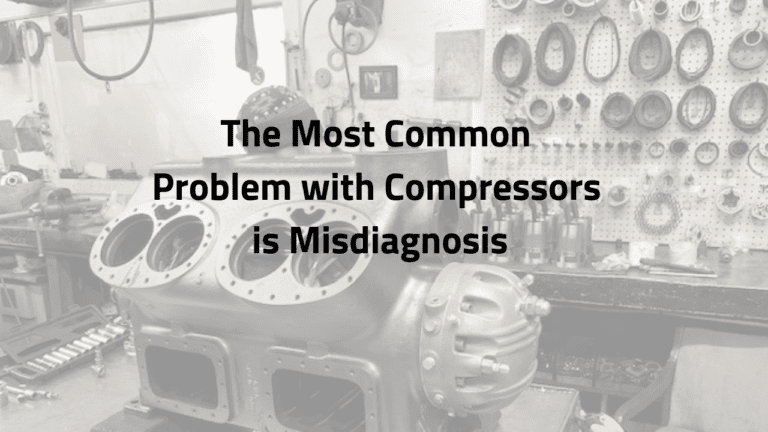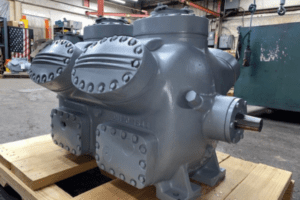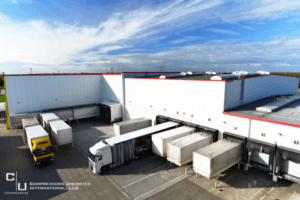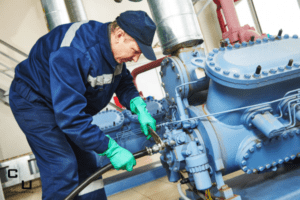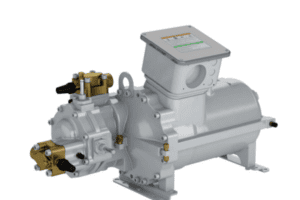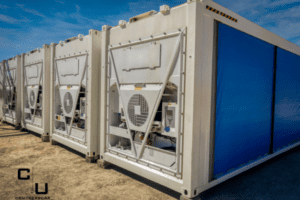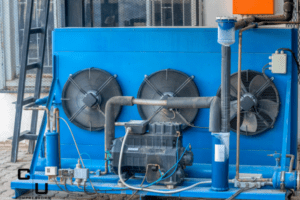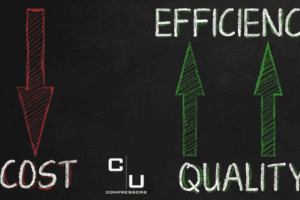

According to leading compressor manufacturers, most HVAC/R compressor failures aren’t caused by defective compressors, but by different system-related issues. In fact, up to 80% of compressor failures are the result of inadequate maintenance, misdiagnosed problems within HVAC/R systems, or unaddressed mechanical and/or electrical failures that have progressed into more serious issues. Additionally, Emerson Electric Co. has recently stated that approximately 30% of the Copeland scroll compressors returned for failure don’t have any defects.
A compressor that is misdiagnosed as failed, although other factors have caused the system to malfunction, can have serious consequences especially if your business relies on HVAC/R systems for its daily operations. Besides increasing operating costs, which will negatively impact your bottom line, wrong diagnosis and repairs won’t solve the root cause of the problem. Failure to determine the exact cause of the malfunction may lead to extensive damage within the system and repeat failure of subsequent compressor replacements, followed by unexpected downtime and even bad business reputation.
Knowing the main reasons why compressors fail can help business professionals identify the underlying cause of failure and, more importantly, prevent it from occurring in the future.
Field examination of failed compressors has revealed several symptoms that can be used to distinguish between a defective compressor and system problems that may lead to compressor failure. These are:
- Overheating – The thermal gains that result from the compression process, motor windings, friction between components, and total compressor superheat are perfectly normal in a compressor. However, if the temperature of the discharge line goes beyond 250°F, which means the temperature inside the compressor exceeds 300°F, the compressor runs too hot. Because high compressor temperatures can lead to a series of problems, identifying the underlying cause and taking corrective actions immediately is imperative to prevent compressor failure. Compressor overheating can be caused by a series of external factors, which are explained in a previous blog post.
- Slugging – Slugging refers to a sudden return of liquid refrigerant or liquid refrigerant and oil to the cylinder. Liquid slugging often occurs on startup, but it may also happen during the “on” cycle as a result of a rapid change in operating conditions. The first sign of liquid slugging is a loud knocking noise coming from the compressor. But because HVAC/R systems appear to be functioning normally, slugging may not be noticed immediately. If a compressor continues to run with this problem, extremely high pressures will develop in the cylinder. This will place extra strain on valve plates, gaskets, pistons, connecting rods, crankshaft and cylinder head, eventually damaging these components. Although liquid slugging is a common cause of compressor failure, the compressor doesn’t cause this phenomenon.
- Flooding – Also referred to as floodback, flooding occurs when droplets of oil are entrained in the vaporization process of the refrigerant and enter the compression system during the running cycle. Since the oil particles increase the density of the refrigerant, the crankcase pressure will go beyond the recommended limit as the refrigerant-oil mixture is pumped through the cylinder. Because high pressure in the crankcase may cause severe damage to the components inside the compressor, flooding may be misdiagnosed as compressor failure. However, flooding can be caused by different problems, including an overcharge of refrigerant, a malfunctioning expansion valve, a failed metering device, wrong defrost control settings, dirty or frozen evaporator coils, or evaporator fan failure.
- Contamination – A compression system should only include refrigerant and oil. Any other element, such as air, moisture, oxides, non-condensables or dirt, is a contaminant. The problem with contaminants is that they can prevent the compressor from running at peak performance and may even cause premature failure. For instance, air that gets inside a refrigeration system may displace refrigerant in the condenser. This could lead to high head pressures and temperatures that exceed the levels recommended by the manufacturer. High temperatures may cause oil carbonization on the discharge valve. As carbonization residues continue to accumulate on the valve, the valve will start to leak, causing even higher temperatures and more residue buildup. All these will eventually lead to compressor failure. Moisture is another dangerous contaminant in a compression system. When moisture reacts with refrigerants, it forms acids, which can cause mechanical and electrical failures.
- Electrical problems – Compressor failure can also occur due to a series of electrical problems, such as voltage unbalance, current unbalance, phase loss, and too low or too high voltages. Once an electrical problem has been identified, it should be addressed immediately, or it may lead to various problems, including compressor burnout.
All these factors can cause severe damage to a compressor, eventually leading to failure. However, they can be easily prevented. Regular inspections and proper routine maintenance performed by certified technicians can go a long way toward preventing HVAC/R system problems and extending the life of your compressor.

